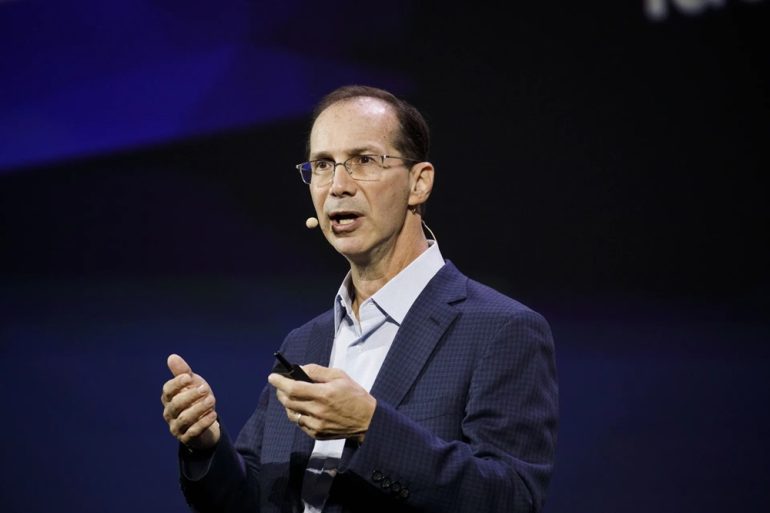- Bill Gross’s new startup, ProRata, aims to make AI companies pay for the content they use.
- ProRata partners with significant entities like Time and Universal Music Group.
- The company’s “AI pay-per-use” model focuses on revenue sharing for content creators.
- ProRata’s algorithms attribute and compensate copyright holders for their work used in AI outputs.
- Initial partnerships include notable authors and media companies.
- A new subscription-based search engine using licensed data will launch in October.
- ProRata’s approach emphasizes quality over quantity of data to improve AI outputs.
- The company plans to license its attribution technology to other AI firms.
Main AI News:
Bill Gross, renowned for his innovative approach to monetizing search engines in the 1990s, is back with a groundbreaking startup, ProRata. Partnering with industry giants like Time and Universal Music Group, ProRata aims to make AI pay for the content it uses through a novel “AI pay-per-use” model.
Gross, who earned his reputation with the revolutionary pay-per-click advertising model, now leads ProRata from Pasadena, California. He is outspoken about the generative AI industry’s current practices, which he labels as “stealing.”Gross criticizes AI companies for scraping vast amounts of data from the internet—whether it’s text, videos, or books—claiming it’s legally allowed. “I think it’s bullshit,” Gross states, echoing the sentiments of many media executives, artists, and rights-holders who have filed numerous copyright lawsuits against AI companies.
ProRata proposes an alternative to these legal battles with its revenue-sharing model. Gross’ company seeks to ensure publishers and creators are compensated when AI companies use their work. ProRata’s proprietary algorithms can deconstruct AI-generated content to identify and attribute the sources, subsequently paying the respective copyright holders.
ProRata, which has raised $25 million this week, announced partnerships with notable entities, including Universal Music Group, the Financial Times, The Atlantic, and Axel Springer. It has also secured deals with high-profile authors such as Tony Robbins, Neal Postman, Scott Galloway, and former White House communications director Anthony Scaramucci.
Following ProRata’s launch, Gross reports a surge of interest from other companies, including a notable inquiry from Time CEO Jessica Sibley. As confirmed by the publisher, ProRata quickly secured a deal with Time. Gross plans to extend agreements to popular YouTubers and online influencers.
While ProRata is in its early stages, Gross is confident in its potential. As a proof of concept, the company will launch a subscription-based, chatbot-style search engine in October. ProRata’s tool will use exclusively licensed data, unlike other AI search products, avoiding web-crawled content.
Gross believes that quality will trump quantity in data usage, claiming that 70 million reliable documents will outperform 70 billion less credible ones. This focus on trustworthy sources aims to reduce AI hallucinations and improve output quality.
Gross is optimistic about generating sufficient revenue from the licensed data AI search engine to pay content providers their due share. Partners will receive detailed statements of content usage and earnings each month.
Conclusion:
ProRata’s business model represents a significant shift in how AI companies interact with content creators and copyright holders. By focusing on licensed data and fair compensation, ProRata sets a precedent for ethical AI practices and challenges the current norm of data scraping, which could lead to more sustainable and legally sound business practices within the AI industry, potentially inspiring other startups to adopt similar models. The emphasis on quality data over sheer volume could also enhance the reliability and credibility of AI-generated content, benefiting both users and content creators.

